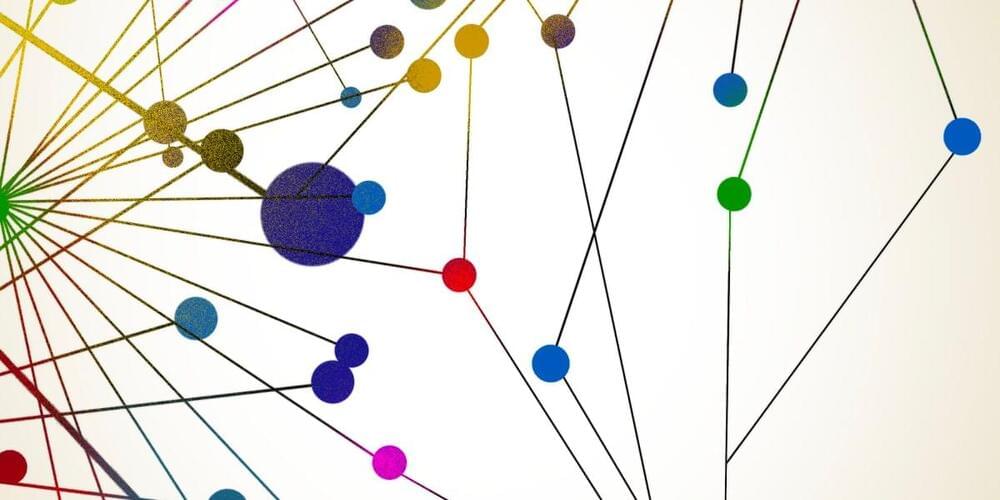Chayka argues that cultivating our own personal taste is important, not because one form of culture is demonstrably better than another, but because that slow and deliberate process is part of how we develop our own identity and sense of self. Take that away, and you really do become the person the algorithm thinks you are.
As Chayka points out in Filterworld, algorithms “can feel like a force that only began to exist … in the era of social networks” when in fact they have “a history and legacy that has slowly formed over centuries, long before the Internet existed.” So how exactly did we arrive at this moment of algorithmic omnipresence? How did these recommendation machines come to dominate and shape nearly every aspect of our online and (increasingly) our offline lives? Even more important, how did we ourselves become the data that fuels them?
These are some of the questions Chris Wiggins and Matthew L. Jones set out to answer in How Data Happened: A History from the Age of Reason to the Age of Algorithms. Wiggins is a professor of applied mathematics and systems biology at Columbia University. He’s also the New York Times’ chief data scientist. Jones is now a professor of history at Princeton. Until recently, they both taught an undergrad course at Columbia, which served as the basis for the book.
